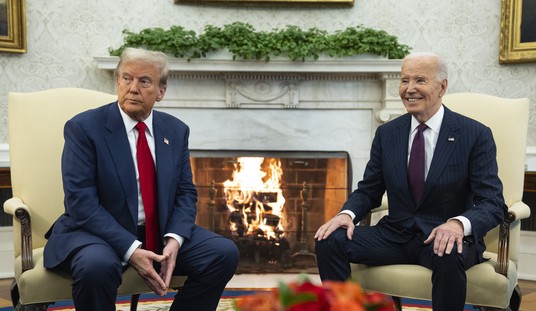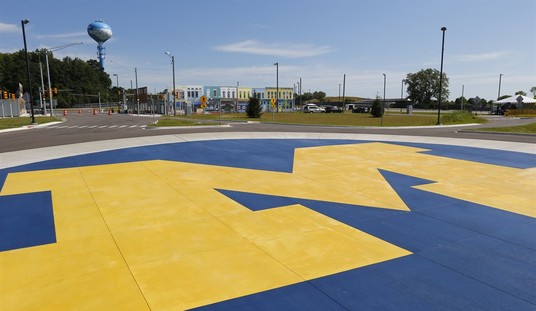Following last year’s outbreak of massive and frequently deadly wildfires in California, the state created the Commission on Catastrophic Wildfire Cost and Recovery. This group of experts from various, related fields was charged with sorting out what had gone so horribly wrong and explore ways of both easing the recovery from the fires and preventing similarly disastrous outbreaks in the future. The commission was given just six months to complete their work.
As the editorial board of the Los Angeles Times notes in an opinion piece this week, the commission did what appears to be an incredible job, particularly given the short timeframe allowed. They developed a full report complete with specific recommendations for the future. And the moment they turned it in, the Governor and leaders in the legislature turned around and rejected one of the most fundamental elements of the plan without even holding a hearing on it.
They spent months traveling across the state to take testimony from the people who lost homes and loved ones in wildfires, as well as from fire experts, utility managers, consumer advocates, lawyers and anyone else with an opinion. They released their report on May 29 calling for a series of urgent and interconnected reforms: doing away with the so-called strict liability standard for utilities, establishing a wildfire victims fund to help people rebuild quickly, and implementing policy changes to stabilize the homeowners insurance market.
And how was their report received? Gov. Gavin Newsom and legislative leaders, to their discredit, announced on the very same day that one of the cornerstones of the recommendations — removing the strict liability standard for utilities and replacing it with a fault-based system — was just not going to happen. At least not this year. Thanks anyhow!
The policy under discussion is what’s known as the “strict liability standard” which is applied to utility companies. It basically states that even if a fire or other calamitous problem wasn’t the result of some direct fault by a utility company, they were still fully obligated to pay for it and subject to any downstream liabilities. The commission suggested something the utilities have been hoping for already, consisting of a change to a slightly less draconian fault-based liability system. In that way, some of the costs could be spread out when damage was caused by some force of nature like a storm blowing a tree branch onto the power lines.
The government doesn’t want to do this because it would look like a “bailout” for the utilities. But as things stand, the major utilities like PG&E (which was already forced into bankruptcy protection) are already passing those costs along to ratepayers. Smaller utility companies like the tiny Trinity Public Utility District (7,300 customers up in the mountains and $12 million in yearly revenue) find themselves owing hundreds of millions of dollars after last year’s fires and may simply disappear.
Also, as we discussed here last week, the bigger companies like PG&E are shutting off power to consumers in wildfire red zones to avoid leaving themselves exposed to further lawsuits and fines. That’s leaving angry customers in the dark and demanding answers. The system is under tremendous strain right now and California is going to have to do something or they won’t have anyone to manage their grid and deliver their power. It’s time for the state government to set aside the politics and actually get something done for the citizens of the state.








Join the conversation as a VIP Member